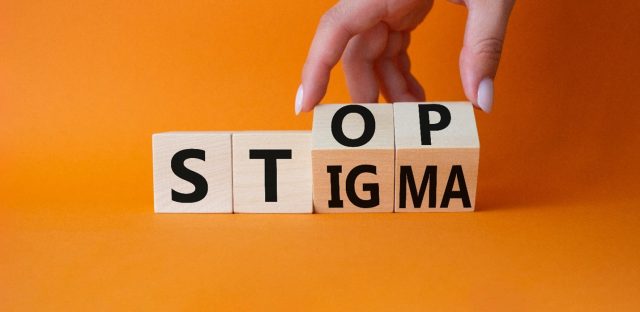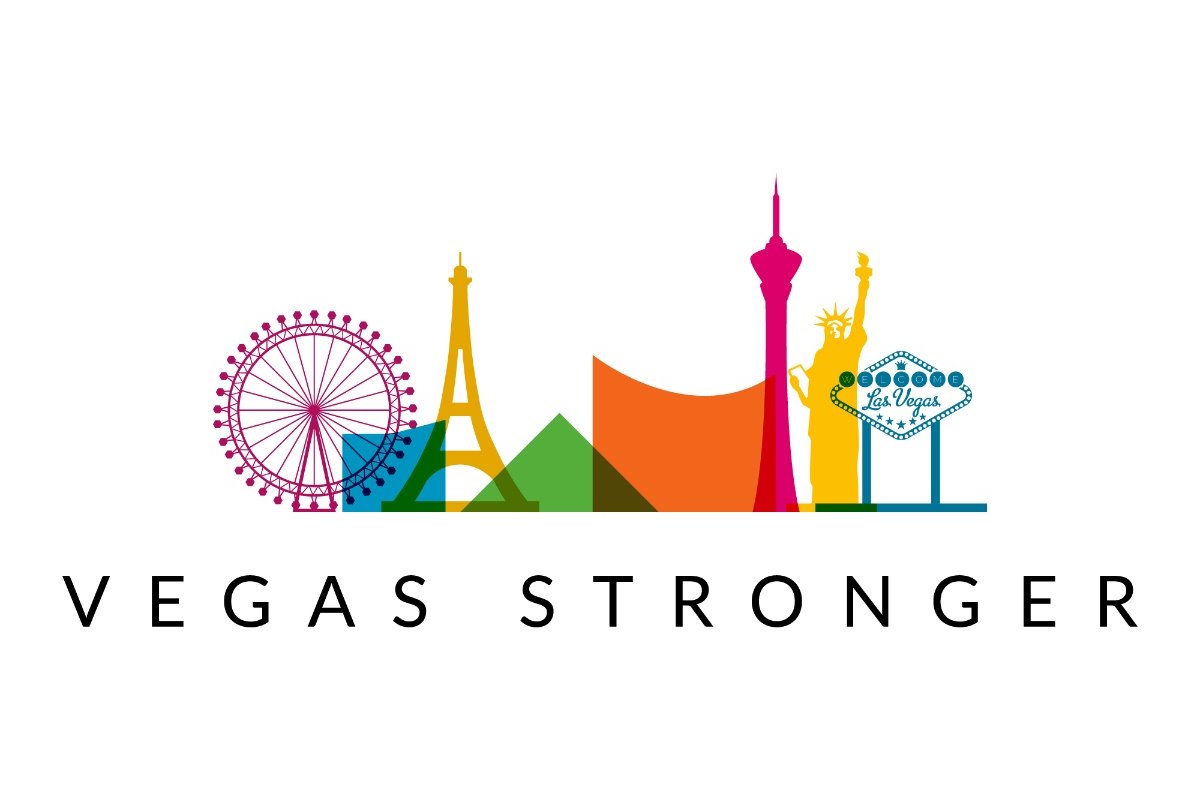Original article written by Kathleen Vermillion on Phillyflair.com.

In the journey of recovery from addiction, Kathleen Vermillion points out that individuals face numerous challenges, from the internal battle against cravings to the external struggle of rebuilding their lives. However, one of the most pervasive and damaging obstacles is not always visible: the stigma surrounding addiction. This stigma can profoundly affect those in recovery, influencing their self-esteem, relationships, and willingness to seek help. Understanding and addressing the impact of stigma is crucial for fostering a supportive environment that encourages recovery and reduces the chances of relapse, explains Kathleen Vermillion.
The Nature of Stigma
Stigma is a mark of disgrace associated with a particular circumstance, quality, or person. When it comes to addiction, stigma often stems from misconceptions that addiction is a choice or a moral failing, rather than a complex disease influenced by a myriad of factors including genetics, environment, and mental health. This stigma manifests in various ways, including discrimination, social isolation, and stereotyping, affecting individuals’ lives in profound and multifaceted ways.
Effects on Individual Recovery
Hindered Help-Seeking Behavior
One of the most significant impacts of stigma is its ability to deter individuals from seeking help. Fear of judgment from peers, family, and professionals can prevent those struggling with addiction from reaching out for the support they need. The belief that admitting to an addiction problem is a sign of weakness or failure only exacerbates this issue, leading many to suffer in silence rather than face potential stigma.
Reduced Self-Esteem and Mental Health Struggles
Stigma can deeply affect an individual’s self-esteem and overall mental health. Internalizing societal judgments can lead to feelings of shame, guilt, and worthlessness, which are counterproductive to recovery. These negative self-perceptions can trigger mental health issues such as depression and anxiety, creating a vicious cycle that hampers the recovery process.
Obstacles in Social and Professional Life
The stigma associated with addiction can also have tangible effects on a person’s social and professional life. Discrimination in the workplace, difficulty in finding employment, and strained personal relationships are common repercussions. Such challenges can contribute to a sense of isolation and hopelessness, further complicating the recovery journey.
Strategies to Combat Stigma
Education and Awareness
One of the most effective ways to combat stigma around addiction is through education. It is only through spreading awareness about addiction as a medical condition that requires treatment and compassion that we can start to shift societal perceptions. Educational efforts aimed at combating addiction-related stigma should be focused on explaining the complexities of addiction. This includes providing a thorough understanding of the roles that genetics, brain chemistry, and life circumstances play in the development of addiction. By fostering a more nuanced and empathetic understanding of addiction, we can work towards creating a society that is more supportive and understanding of those struggling with addiction.
Personal Stories and Advocacy
Sharing personal stories of addiction and recovery can be a transformative experience for both the storyteller and the listener. By sharing their experiences, individuals in recovery can help to break down stereotypes and promote empathy towards the issue of addiction. Through open conversations about their struggles, challenges, and achievements, they can help to dispel myths and reduce stigma that often surround addiction.
Moreover, those who have lived through addiction can become powerful advocates for change. Their advocacy can influence policies and societal attitudes towards addiction, promoting a more compassionate approach to supporting recovery. By sharing their stories and highlighting the importance of recovery, they can help to drive a positive shift in public perception about addiction and recovery.
In addition, personal stories can serve as a source of inspiration and hope for those who are currently struggling with addiction. By seeing others who have overcome similar challenges, they can feel empowered to seek help and begin their own journey to recovery.
Supportive Policies and Practices
Implementing supportive policies and practices in healthcare, workplaces, and communities is essential for reducing stigma. This includes ensuring access to treatment and recovery services, protecting the rights of individuals in recovery, and promoting inclusive and non-discriminatory practices. Encouraging openness and providing education about addiction in these settings can help to create environments where individuals feel supported in their recovery journey.
The stigma surrounding addiction is a formidable barrier to recovery, but it is one that can be overcome through education, advocacy, and supportive practices. By challenging misconceptions and promoting a more compassionate and understanding approach to addiction, we can create a society that supports recovery and allows individuals to rebuild their lives free from the burden of stigma. The road to recovery is challenging enough without the added weight of societal judgment. It’s time to lift the stigma and pave the way for healing and hope.
Original article written by Kathleen Vermillion on Phillyflair.com.





